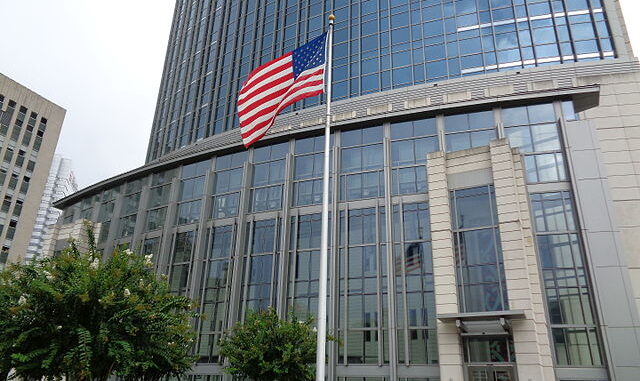| Artificially inflating the number of Black voters in certain districts beyond what is necessary to elect their preferred candidates means Black voters have less influence in other districts.
An academic with the University of Texas at Austin wrote a report that showed Black voters could elect their preferred candidates in a district that was about 41% Black.
The Tributary surveyed City Council members. Eight of the 19 responded so far. Two said the court should take over if the initial plan is struck down. Three said that the City Council should be given a second chance; a fourth, Aaron Bowman, said he couldn’t see a scenario where the maps get overridden so he was going to “stay away from hypotheticals.”
Council President Terrance Freeman said he had “the utmost confidence in the work my colleagues did during the redistricting process, a final product that passed on a nearly unanimous 17-1 vote.” He declined to say if the City Council should get a second chance if the court strikes down the map, saying he’d refer further comment to the city’s lawyers.
Westside Councilman Randy White said he would trust “the path that Council President Freeman would want to take” when it comes to how long the City Council would take to redraw the lines.
Michael Boylan, who represents Mandarin, said that he was “satisfied with the diligent process by which the districts were redrawn”, but if they are struck down, then he would be OK with deferring to the court since “if the Council did it, it would be open to being contested again.”
Matt Carlucci, an at-large councilman and veteran of past redistricting cycles, said in a text, “It would be interesting to see [the] judicial system redraw the lines!”
Sam Newby, who served as City Council president during the redistricting, said “the courts are going to find in our favor. I’m 100 percent confident because we didn’t racially gerrymander anything.” Still, he said if the court did rule against the city, the council should get a second chance, though he wasn’t sure how much time the council should get.
Danny Becton, a Southside councilman now running for property appraiser, said that it would likely take 60 to 90 days to redraw the lines, “depending on the complexity of deficiencies” the court found.
And Councilwoman Randy DeFoor, who is not running for re-election, said the main issue is “how much time would exist for public involvement.” |


Be the first to comment